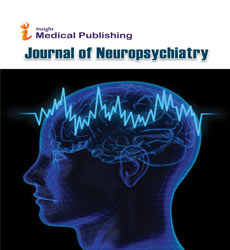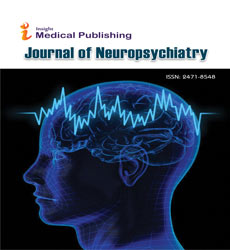The complexity theory and mental health
Alejandro Melo
Received Date: 2022-05-14 | Accepted Date: 2022-05-18 | Published Date: 2022-05-25Abstract
Complex systems are made up of interdependent agents that interact, learn from each other, and adapt their behaviors accordingly. A system includes a large number of parts that interact in a non-simple way. Complexity science studies the behavior of interacting, interdependent, and adaptive agents under internal and external pressures. Non-linear systems are mechanistic, unpredictable, with no memory. Emergence is an essential feature of complex systems. Emergence implies new behaviors due to the interaction and self-organization among elements in the system, which cannot be produced by a single unit.
Mental health is the capacity of anybody to feel, think, and act in ways that enhance the ability to enjoy life and deal with the challenges. It is a positive sense of emotional and spiritual well-being that respects the importance of culture, equity, social justice, interconnections and personal dignity. Further is “to cope with and to manage one’s own malaise and well-being conditions.” Today’s complex problems require a holistic view of the many facets and layers of human and contextual well-being with many disciplines involved and a broader scope than the individual person, being important the satisfaction with life, positive emotions, character strengths and meaning. The Research Domain Criteria Initiative puts in term of translational research the mental disorder deepening on functional measures such as phenomenological, behavioral, improves reliability of diagnoses, transforming the understanding, diagnosis and treatment of mental illnesses through basic and clinical research. It is under research the ability for early detection of psychopathology based on dimensions of observable behavior and neurobiological measures, because psychiatric diagnoses historically have been based upon presenting symptoms, but it can be difficult to perceive how the system is intended to function under research. At the same time education in resilience, spirituality, well-being, sallutogenesis and positive mental health are more important in trans-disciplinary psychiatry. Resilience in particular, is important for understanding of sallutogenesis and pathogenesis. The public mental health promotion, is intertwined with community resilience and quality of life.
Communities have re-emerged as important settings for health promotion, they are effective for encouraging social processes which may form our life-chances and lead to improved health and well-being. Psychiatry forms part of the ecology of knowledge which takes into account the epistemological diversity of the world, the acceptance of a plurality of knowledge complementary to scientific knowledge. Due to progress in transdisciplinary dialogue, psychiatry, and disciplines searching transcendence have the historical opportunity to mold the future of individual and public mental health as well as building compassionate environments.
Key words: Complexity – Emergence - Sallutogenesis - Resillience

Open Access Journals
- Aquaculture & Veterinary Science
- Chemistry & Chemical Sciences
- Clinical Sciences
- Engineering
- General Science
- Genetics & Molecular Biology
- Health Care & Nursing
- Immunology & Microbiology
- Materials Science
- Mathematics & Physics
- Medical Sciences
- Neurology & Psychiatry
- Oncology & Cancer Science
- Pharmaceutical Sciences
